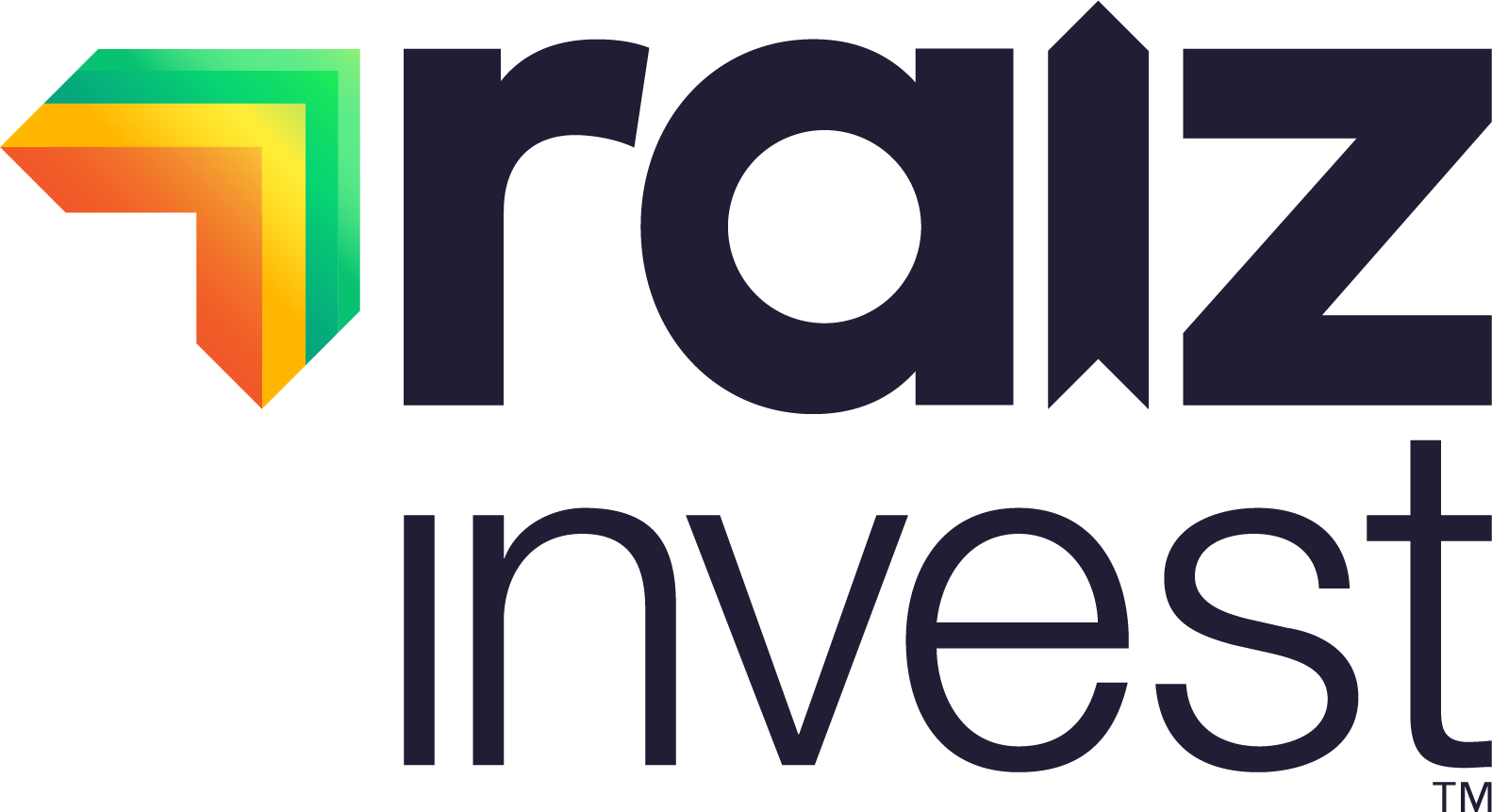Can bond prices affect equities?

Despite being a different asset type to equities, bond prices and bond yields can have an impact on the performance of equity indices and ETF prices. Seems strange, right? Not entirely.
To get an understanding of how this relationship between bonds and equities works, let’s look at how a bond price moves, and what effect bonds can have on the prices of global assets like equities and ETFs.
What is a bond?
Bonds are issued by governments and corporations when they want to raise money. They can have all sorts of different interest rate payments and periods associated with them and are very customisable to suit both the buyer and seller.
How do bonds work?
When someone buys a bond (bondholder), they pay an upfront to own the bond, e.g. $100 face value per bond. In return, the buyer will receive interest payments throughout the length of the life of the bond. This is all agreed in the terms of the bond, such as the interest rate, how often interest payments will be made (coupons) and the length of time the interest payments will take place (duration).
At the end of the agreed duration of the bond, providing that the company or the government have not gone into bankruptcy, the bondholder gets their initial $100 face value back 👌
What is a yield?
A yield is the performance a financial product provides over a certain amount of time. Because bonds are traded, the price of a bond can go up and down, just like other assets such as equities. So even though there is an agreed interest rate for the bond, if a bond price goes higher in value, that means people are willing to pay more for the same agreed level of interest rate payments, which lowers the “yield”. The same can be said if the price of a bond falls – the yield of the bond increases.
Just how big is the global bond market?
It’s massive! The global bond market was worth over $123 Trillion as of the end of 2020 👀 That’s higher than the global value of equities, which was worth around $105 Trillion at the end of 2020 (sifma.org). That means that moves in the prices of bonds can certainly cause movements in other asset prices based on the movement of funds alone between different products, as so much money is moving around.
Why have bond yields have been low in 2020 and 2021?
During COVID, Central Banks around the world have been buying bonds to provide liquidity and keep economies from stalling. The effect of this was to increase the prices of bonds in markets with the demand for bonds being high and consistent. From the above explanation, we now know that the increasing price of the bond lowers the yield of the bond, which has kept interest rates low around the world. The RBA continuing to buy bonds has been one of the reasons that mortgage rates in Australia are so low, because the yields on bonds that the banks use to move money between lenders and borrowers have remained low.
What effect can low yields have on equity prices?
Because interest rates have been at near record lows around the world, many investors have sought higher yields in other assets, like equities. This movement of money into equities and equity linked ETFs has been one of the factors that has seen strong market performance in the past 18 months.
Another effect of lower interest rates is it allows companies to borrow cheaply to attempt to accelerate growth, and this has assisted many listed companies to grow their metrics like revenue and active customers relatively inexpensively.
Why are bond yields rising in late 2021?
One reason for this could be that global investors are anticipating that the US Fed will begin to taper its bond buying programme, which would have the effect of lowering demand for bonds, and bond prices have started to fall as a result.
Another reason is that there are signs of inflation, with higher energy prices and labour costs. Higher yields may indicate the market expects the Central Banks to start raising rates in the mid-term to attempt to slow down the level of inflation.
But the RBA cash rate has not increased for years. How can yields be increasing?
The RBA has a current target of 0.1% yield on the three-year bond duration and continue to buy and sell these bonds in an attempt to keep the implied yield near that level. However, the RBA does not intervene much, if at all, on the price of the ten-year bonds. It is through these bond prices in Australia, the US, Europe, etc., that the market determines what investors think will happen to interest rates in the future. Falling bond prices and increasing ten-year yields mean that investors think interest rates will go up in the medium term.
What effect could increased yields have on equity and equity linked ETF prices?
An increase in yields will flow onto the borrowing costs of the economy, making it more expensive for firms that looked to grow on cheap debt, causing some listed stock prices to go down. When investors look at growth areas like the Tech sector, there is now an opportunity cost in the future if there is a higher return available to investors buying long duration bonds, meaning it becomes comparatively more expensive to own these growth stocks.
This is why we often see stocks move in the opposite direction to bond yields and is one of the reasons for the recent pullback in global equities, with the yields in 10-year bonds from many nations and regions moving higher.
Does diversification help to cushion these movements?
Having ETFs from just one region or just one sector means that they could be more sensitive to the effect of changes in bond yields than more diversified equity linked ETFs. Since we do not know what will happen next 🔮, holding a diversified portfolio of ETFs from multiple regions and sectors is one way to help cushion the impact of changes such as movements in interest rates and yields.
Can bond prices affect equities and equity linked ETFs?
It seems that bond prices can impact equity prices. By how much and in what circumstances is the unknown. There are so many layers to this relationship, and so many market forces at play.
As a rule of thumb, if five-year and ten-year yields start to rise, and keep rising, we may see some pressure on equity prices, especially when Central Banks start raising the cash rates. The good news for equity and ETF investors is that official rate rises still may not take place until late 2022 for the US, and possibly not for a couple of years later than this for the RBA.
Don’t have the Raiz App?
Download it for free in the App store or the Webapp below:

Important Information
If you have read all or any part of our email, website, or communication then you need to know that this is factual information and general advice only. This means it does not consider any person’s particular financial objectives, financial situation, or financial needs. If you are an investor, you should consult a licensed adviser before acting on any information to fully understand the benefits and risk associated with the product. This is your call but that is what you should do.
You may be surprised to learn that RAIZ Invest Australia Limited (ABN 26 604 402 815) (Raiz), an authorised representative AFSL 434776 prepared this information.
We are not allowed, and have not prepared this information to offer financial product advice or a recommendation in relation to any investments or securities. If we did give you personal advice, which we did not, then the use of the Raiz App would be a lot more expensive than the current pricing – sorry but true. You therefore should not rely on this information to make investment decisions, because it was not about you for once, and unfortunately, we cannot advise you on who or what you can rely on – again sorry.
A Product Disclosure Statement (PDS) for Raiz Invest and/or Raiz Invest Super is available on the Raiz Invest website and App. A person must read and consider the PDS before deciding whether, or not, to acquire and/or continue to hold interests in the financial product. We know and ASIC research shows that you probably won’t, but we want you to, and we encourage you to read the PDS so you know exactly what the product does, its risks and costs. If you don’t read the PDS, it’s a bit like flying blind. Probably not a good idea.
The risks and fees for investing are fully set out in the PDS and include the risks that would ordinarily apply to investing. You should note, as illustrated by the global financial crisis of 2008, that sometimes not even professionals in the financial services sector understand the ordinary risks of investing – because by their nature many risks are unknown – but you still need to give it a go and try to understand the risks set out in the PDS.
Any returns shown or implied are not forecasts and are not reliable guides or predictors of future performance. Those of you who cannot afford financial advice may be considering ignoring this statement, but please don’t, it is so true.
Under no circumstance is the information to be used by, or presented to, a person for the purposes of deciding about investing in Raiz Invest or Raiz Invest Super.
This information may be based on assumptions or market conditions which change without notice and have not been independently verified. Basically, this says nothing stays the same for long in financial markets (or even in life for that matter) and we are sorry. We try, but we can’t promise that the information is accurate, or stays accurate.
Any opinions or information expressed are subject to change without notice; that’s just the way we roll.
The bundll and superbundll products are provided by FlexiCards Australia Pty Ltd ABN 31 099 651 877 Australian credit licence number 247415. Bundll, snooze and superbundll are trademarks of Flexirent Capital Pty Ltd, a subsidiary of FlexiGroup Limited. Lots of names, which basically you aren’t allowed to reproduce without their permission and we need to include here.
Mastercard is a registered trademark and the circles design is a trademark of Mastercard International Incorporated.
Home loans are subject to approval from the lending institution and Raiz Home Ownership makes no warranties as to the success of an application until all relevant information has been provided.
Raiz Home Ownership Pty Ltd (ABN 14 645 876 937), an Australian Credit Representative number 528594 under Australian Credit Licence number 387025. Raiz Home Ownership Pty Ltd is 100% owned by Raiz Invest Australia Limited (ABN 26 604 402 815).



